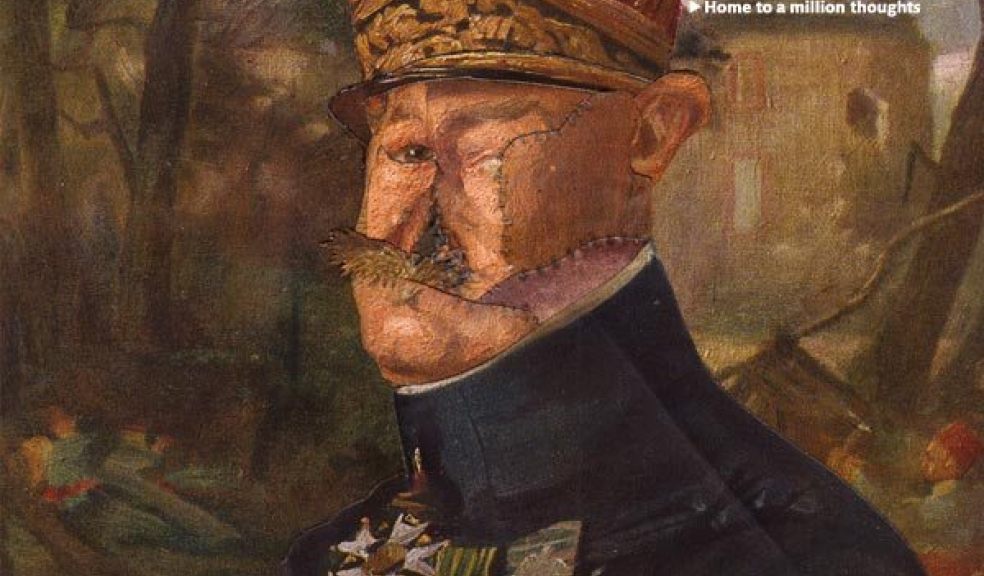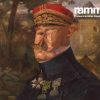
New exhibition reveals the impact of the First World War on art and facial reconstructive surgery
A new exhibition exploring how facial injuries suffered by soldiers during the First World War have influenced artists and surgeons will open this weekend.
The ‘Faces of Conflict’ exhibition is a collaboration between the University of Exeter and the Royal Albert Memorial Museum (RAMM) in Exeter, and brings together historical objects such as surgical instruments and masks and works by artists such as Otto Dix, Wyndham Lewis, René Apallec and Paddy Hartley.
It is part of the European Union-funded project 1914FACES2014 led by Professor David Houston Jones from the University of Exeter and the renowned facial surgeon Professor Bernard Devauchelle from the Institut Faire Faces, who carried out the world’s first partial face transplant in 2005. It also includes two French partners, the Historial de la Grande Guerre and the Université de Picardie Jules Verne, along with the UK charities Saving Faces and Changing Faces.
Marjorie Gehrhardt, an Associate Research Fellow, University of Exeter said:, “The lives of disfigured combatants were transformed by their war experience and by their injuries. This exhibition gives us a unique insight into how they coped with the wounds, their long-term treatment and the return to civilian life.”
The exhibition shows how surgeons worked with artists during and after the First World War. Stories of some of the facially injured soldiers from Devon will be told for the first time, informed by new research.
Professor David Houston Jones, from the University of Exeter explained: “Sculptors and artists became a vital part of the treatment of facially injured men. The masks and drawings they produced complemented the work of surgeons in crucial ways which are only now being fully understood.”
Faces of Conflict, also looks at how artists’ understandings of the face changed in the years following the First World War and, in particular, how artists have revisited the injured face in recent years.
Project curator, Cristina Burke-Trees said of these contemporary works: “It tells us important things about how we think about the face today. They also reflect upon how surgeons and historians continue to learn from artists’.
Works by Paddy Hartley, University of Exeter artist in residence, will form part of the exhibition, including a uniform sculpture based on the life story of Plymouth sailor Walter Yeo. Yeo was badly burned at the battle of Jutland in WWI and Paddy’s sculpture refers both to Yeo’s wartime experiences and the pioneering facial surgery he underwent after returning home.
The Faces of Conflict exhibition is free-of-charge at the RAMM from January 17 to April 4.













